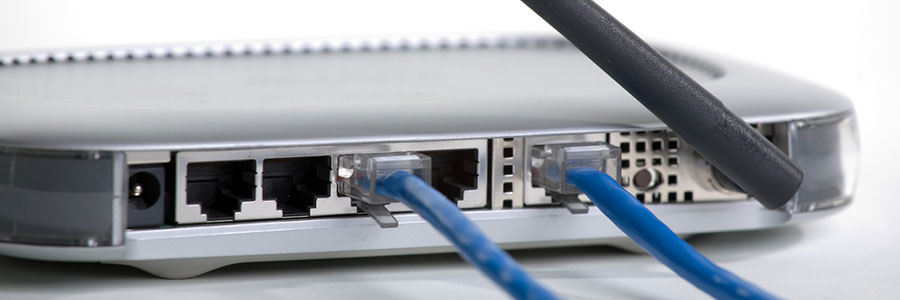The Equifax breach in 2017 exposed the personal information of 145.5 million people in the US and some parts of the UK and Canada, but the number of victims keeps increasing. In the beginning of March, the credit-reporting company revealed that more personal information was leaked.
More leaks from Equifax breach
Tech support scam alarms Chrome users

With evolving technology comes evolving threats. Recently, a researcher revealed that a new type of scam freezes Google Chrome and tricks users into believing that their network security has been compromised. Little did they know that following instructions listed on the screen will lead to an actual security breach.
Meltdown and Spectre fixes cause problems

It’s been three weeks since one of the worst IT security vulnerabilities in history was announced, and consumers are still receiving mixed messages about how to protect themselves. We usually encourage users to install software updates as often as possible, but when it comes to Meltdown and Spectre, that advice comes with an asterisk.
What you can learn from Equifax’s leak
New Locky ransomware: what you need to know

In 2016, the Locky ransomware infected millions of users with a Microsoft Word file. It was eventually contained, and cyber security firms have since created protections to detect and block previous Locky variants. However, a similar malware is currently spreading worldwide and has so far infected tens of thousands of computers.
Wikileaks details router vulnerabilities

When we write about how antivirus software isn’t enough to keep you safe from malware, it’s not just scare tactics. There are so many ways hackers can break into your system that antivirus solutions will never catch. For a real-world example, look no further than the router exploit kit recently leaked from the CIA.
The Wikileaks CIA documents
For several months, the notorious website famous for leaking government data has been rolling out information it obtained from the Central Intelligence Agency.
Basic PC fixes are costing you money
How to defend against WannaCry
Is fileless malware a threat to you?
Browsers leak sensitive info to hackers

The Autofill feature fills a void in the web browsing habits of many. It eliminates the need to enter all your details when logging on your social media accounts or when checking out your basket after e-shopping. On Chrome and Safari browsers, however, danger lurks when you rely too much on autofill.





